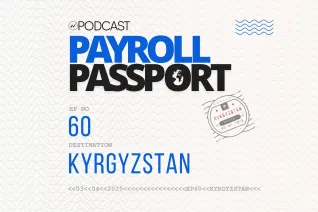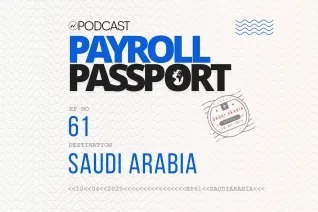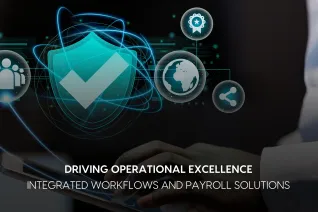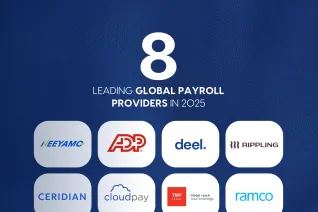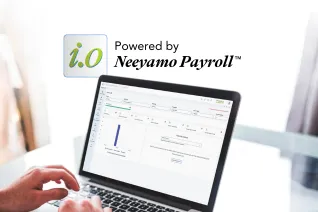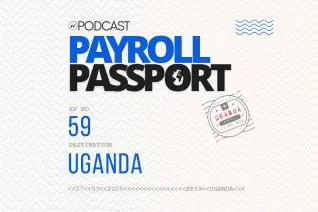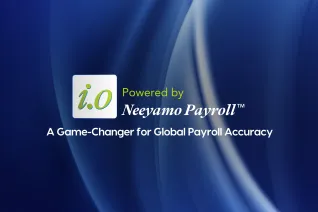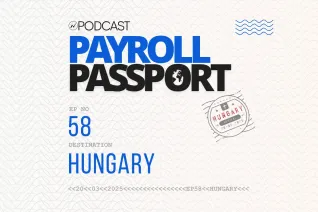Country Spotlight: Payroll in Malaysia
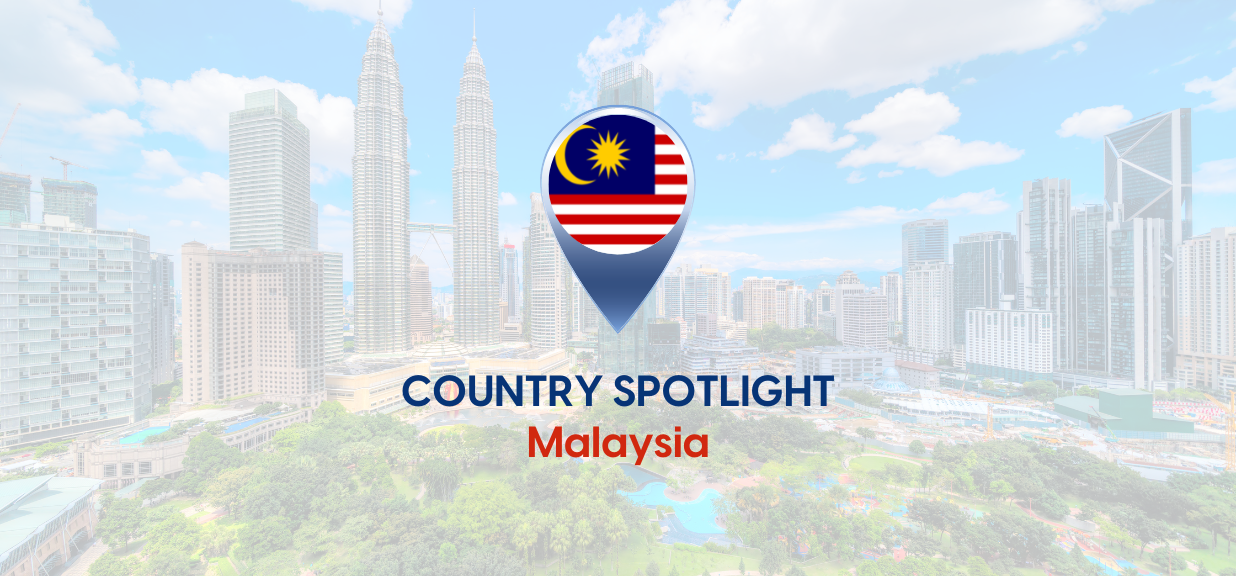
From towering skyscrapers to caves, and world heritage sites, the tiny island nation of Malaysia has much to offer.
Placed 36 on the Global Innovation Index in 2022, Malaysia is a development hotspot. It is an inviting destination for organizations looking to expand and establish their global presence.
And for any organization, payroll management is essential, and Malaysia is no exception. Companies must be wary of the various payroll laws and regulations in Malaysia that they must adhere to.
You may also like | Payroll Outsourcing: All you need to know
Inland Revenue Board of Malaysia (IRBM)
The IRBM, or Lembaga Hasil Dalam Negeri (LHDN), is the main tax-governing body in Malaysia.
It is responsible for collecting income tax and other revenues. It is responsible for the administration of direct taxes as specified under the following acts:
- Income Tax, 1967
- Petroleum (Income Tax) Act, 1967
- Real Property Gains Tax Act, 1976
- Promotion of Investments Act, 1986
- Stamp Act, 1949
- Labuan Business Activity Tax Act, 1990
The IRBM also performs the crucial function of periodically verifying payroll systems in Malaysia and validating their compliance with these laws.
For any payroll system, it is a mandate to be verified by the IRBM and receive their certification.
Income tax
In Malaysia, the income tax rates vary from 0% to 30%, depending on the income. It is deducted from the employee's salary and remitted to the IRBM monthly. Employees earning up to 5000 Ringgit are exempt from income tax.
Employers must provide their employees with Form EA and Form E at the end of the year. Form EA shows the employee's total income and tax deducted, while Form E shows the employer's total contributions and remittances to the LHDN.
There are also subdivisions within the income tax brackets regarding how the tax amount is calculated. Organizations must be aware of these differences and ensure their payroll system is equipped to tackle them.
EPF and SOCSO
Employee Provident Fund (EPF) and contributions to the Social Security Organization (SOCSO) are a mandate in Malaysia. Employers make these contributions on behalf of employees.
The EPF is a retirement savings scheme, and employers and employees contribute. The contribution rates for employees and employers differ based on citizenship, seniority, and age. This is governed under the Employee Provident Fund Act of 1991.
The SOCSO, also known as Pertubuhan Keselamatan Sosial (PERKESO), is a social security scheme formed under the Employees' Social Security Act, 1969 to protect private sector employees against workplace accidents, emergencies, and other occupational hazards.
Know everything else about Malaysia | Global Guide: Malaysia
Monthly Tax Deduction System
The Monthly Tax Deduction system, also known as Potongan Cukai Bulanan (PCB) in Malay, is a monthly employer contribution made on behalf of the employee to reduce the burden of paying a lump sum annual tax.
Employees must provide employers with the Individual Deduction And Rebate Claim Form (Form TP1), and if they meet the following criteria, PCB will be the final tax deducted from their income:
- Their only source of income is employment income.
- Their employer has been regularly deducting correct amount of PCB.
- They have worked with the same employer for 12 months in the calendar year.
- Their employer is not paying any taxes on their behalf.
- They have not opted for a joint assessment with their spouse.
PCB can be paid to the IRBM through multiple means:
Employers can make manual payments by submitting Form CP39 along with hard copies of the documents.
“Fun fact: Employers can also submit employee information for PCB on diskette or floppy disks!”
They can also make online payments via internet banking.
Employers should also be wary that there is a penalty if there is a delay in payment of PCB. It must be paid on or before the 15th of every month, and the penalty can be between 200 and 20,000 Ringgit.
Ensuring a seamless payday experience
With these multiple intricacies, businesses must be equipped with an efficient payroll system that ensures timely and accurate payroll delivery and compliance with the relevant laws and regulations.
Especially in Malaysia, it is crucial that payroll systems are IRBM certified and can be seamlessly integrated with a company's financial and HR functions.
Fortunately, Neeyamo offers an IRBM-verified, tech-powered Global Payroll solution as part of the Global Payroll Tech Stack, ensuring employees a seamless payday experience.
From input gathering and validation through triangulated compliance framework to accurate processing and on-time output courtesy of our single global payroll engine, Neeyamo's solution offering takes into account every aspect of the payroll process. It helps businesses tackle any hurdle that comes their way.
Reach out to the experts at irene.jones@neeyamo.com today.
Latest Resources
Stay informed with latest updates
If you're curious and have a thirst for knowledge pertaining to the HR, payroll, and EOR universe, don't miss out on subscribing to our resources.







